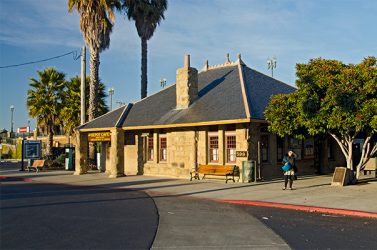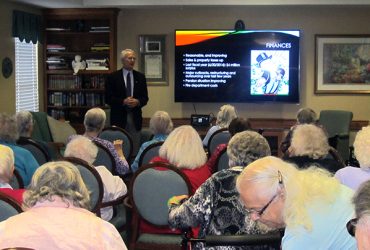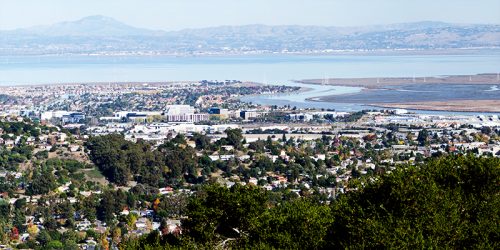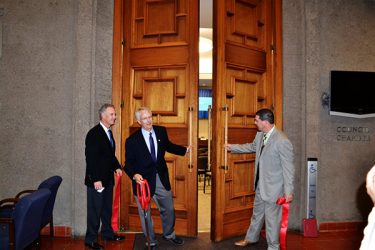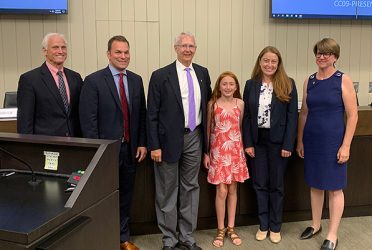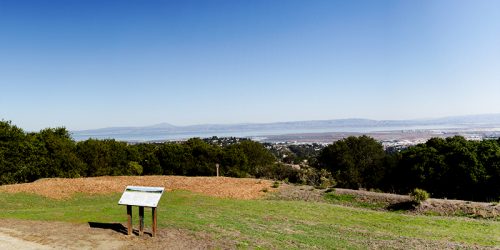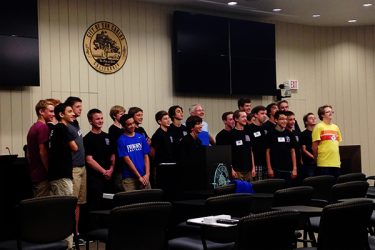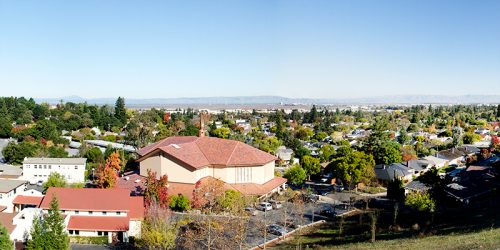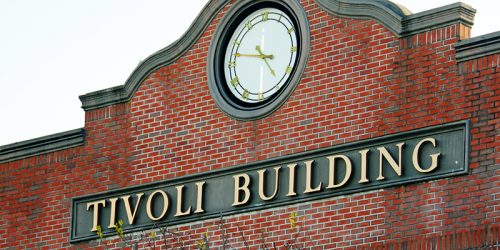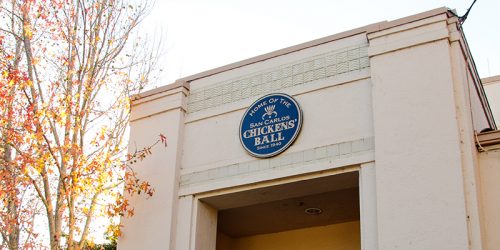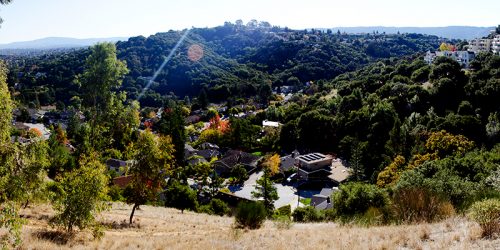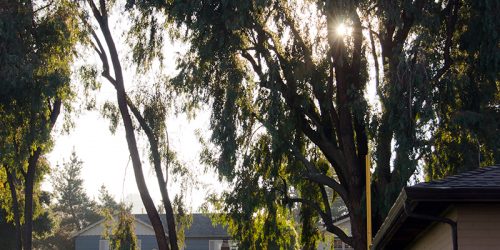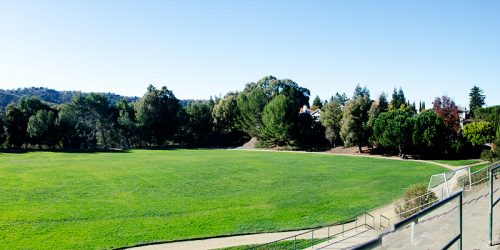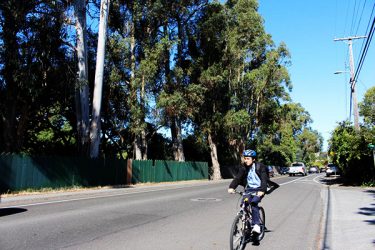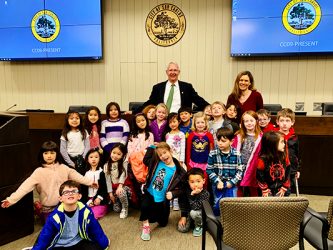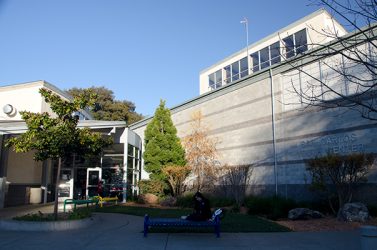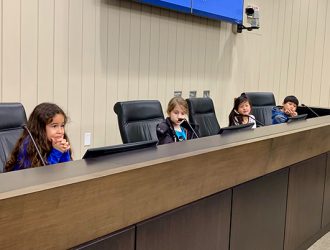A comment on my recent op ed regarding how to increase diversity of our elected bodies made the following point:
When you write “public financial assistance for campaigns” that really means more money coming out of taxpayers’ pockets… and perhaps you are OK with that idea. However, if you live in a district located in the southern end of Town X, why should your taxes go to support someone running for office at the extreme northern end of your hometown? If tax money goes to local campaigns, it’s possible your money would be sent to a candidate you cannot vote for… and that candidate may be someone you would never vote for.
I’ve seen this kind of objection whenever public policy matters get debated. It gets right to heart of what makes a reasonable public policy and highlights the relationship between individuals and the communities they form.
If there’s an overarching goal of forming a community it’s for individuals to be able to benefit from each other’s skills and talents to do things that would be beyond the reach of any particular individual. That includes not only defensive things like safety from predation (including from fellow humans) but also life-enhancing things like creating and building all the things we take for granted but which we would most likely be unable to create or build ourselves.
It can also include things to make life better for people, and more fair. Things like parks, roads…and diversity of elected leadership. So that community members can be more confident their views are being incorporated into the public decision-making process.
My dad used to say he didn’t mind his community investing in public golf courses, even though he had absolutely no interest in golf, provided investments were made in the lakes and parks he enjoyed. It isn’t necessary for every transaction, every investment, made by a community to offer something to every individual. It’s only necessary that, overall and on balance, most people get enough benefits of various kinds that they find the overall allocation of public resources fair and beneficial.
So even from a narrow self-interested perspective the commenter should be willing to accept some of “his” money going to candidates in other parts of the county provided he gets enough of the things he wants (which can include paying less in taxes).
By the way there’s another benefit public campaign financing may provide him. He probably doesn’t want to live in a community where other parts of it are constantly fighting like mad to gain attention for their concerns because that would make it harder for him to get his concerns noticed.
Keep in mind there’s a complication to the simple picture I’ve painted which tends to make striking a balance even harder than it already is. My desire for public benefits is inversely related to how well-off I am economically. Bill Gates doesn’t have to worry about the parks not being maintained. Because if he must he can build his own private park and enjoy it. Most of use are not so fortunate.
But political power in our system is directly related to how well-off you are. Whether he chooses to use it for good or ill Bill Gates’ “voice” is much, much “louder” than yours or mine…and, as the saying goes, the squeaky wheel gets the grease.
This is a problem in successful representative democracies which the Founders did not anticipate and which they were unable to provide a check-and-balance for. We still haven’t been able to, either, in all the years since 1789. Sadly, it may well turn out to be a critical factor in the collapse of our approach to government. Because if some voices are always more powerful than others it’s hard to see how individual freedom doesn’t get reduced significantly. Which few people would tolerate.
This is another reason I encourage people to get involved in governance. It’s also why I suggested we shouldn’t rule out concepts like public financing of elections, at least in part.
